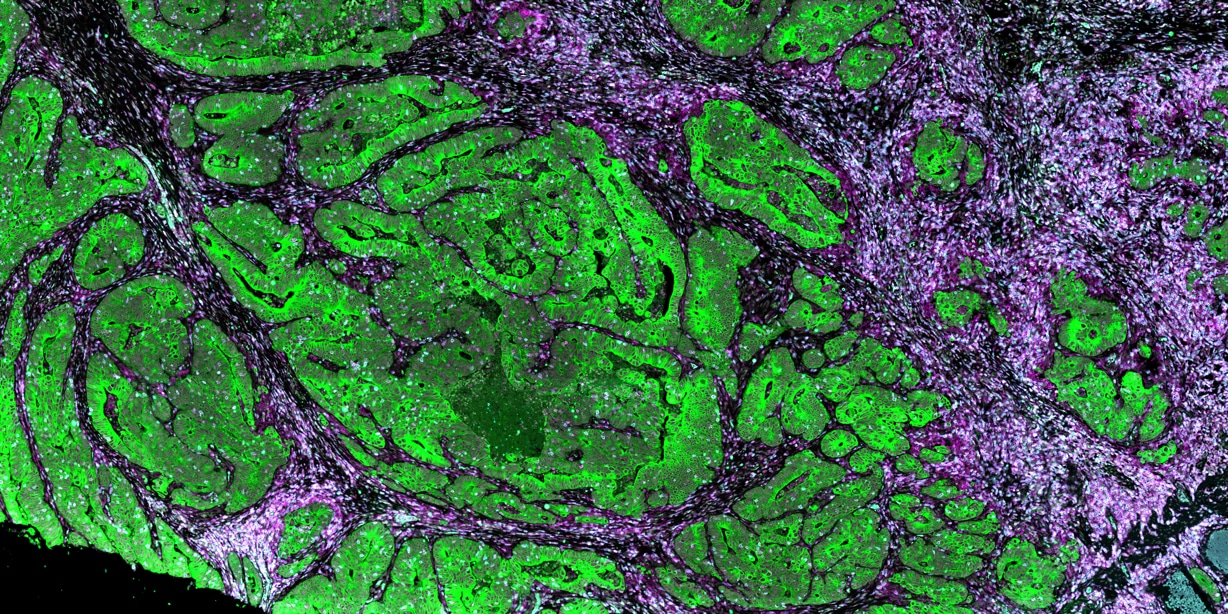
nCounter® Myeloid Innate Immunity Panel
Helping Your Research
The nCounter® Myeloid Innate Immunity Panel provides comprehensive coverage of myeloid-derived cells in a targeted gene expression assay. These panels can be used with multiple sample types like peripheral blood mononuclear cells (PBMCs) or formalin-fixed paraffin-embedded (FFPE) tissue sections and provide results in less than 24 hours with minimal hands-on time and data analysis.
The Myeloid Innate Immunity Panel is designed to encompass all aspects of the innate immune response of myeloid-derived cells and can be used for basic and translational research in immuno-oncology, autoimmunity, and infectious disease. The panel is curated to include the most current and relevant genes and is available in both human and mouse versions. Use the Myeloid Innate Immunity Panel to study:
- Mechanisms of immune evasion
- Damage response, wound healing & tissue repair
- Immune regulation
- Disease pathogenesis
- Treatment response vs. non-response

Panel Selection Tool
Find the gene expression panel for your research with Panel Pro
Find Your Panel
Product Information

Publications
Lung epithelial and myeloid innate immunity in influenza-associated or COVID-19-associated pulmonary aspergillosis: an observational study
Background: Influenza-associated pulmonary aspergillosis (IAPA) and COVID-19-associated pulmonary aspergillosis (CAPA) affect about 15% of critically ill patients with influenza or COVID-19, respectively. These viral–fungal coinfections are difficult to diagnose and are associated with increased mortality, but data on their pathophysiology are scarce.
Revisiting transplant immunology through the lens of single-cell technologies
Solid organ transplantation (SOT) is the standard of care for end-stage organ disease. The most frequent complication of SOT involves allograft rejection, which may occur via T cell- and/or antibody-mediated mechanisms.
Activation of the Innate Immune Checkpoint CLEC5A on Myeloid Cells in the Absence of Danger Signals Modulates Macrophages’ Function but Does Not Trigger the Adaptive T Cell Immune Response
C-Type lectin receptor 5A (CLEC5A) is a spleen tyrosine kinase- (Syk-) coupled pattern recognition receptor expressed on myeloid cells and involved in the innate immune response to viral and bacterial infections. Activation of the CLEC5A receptor with pathogen-derived antigens leads to a secretion of proinflammatory mediators such as TNF-α and IL-6 that may provoke a systemic cytokine storm, and CLEC5A gene polymorphisms are associated with the severity of DV infection.
Request a Quote
Contact our helpful experts and we’ll be in touch soon.





